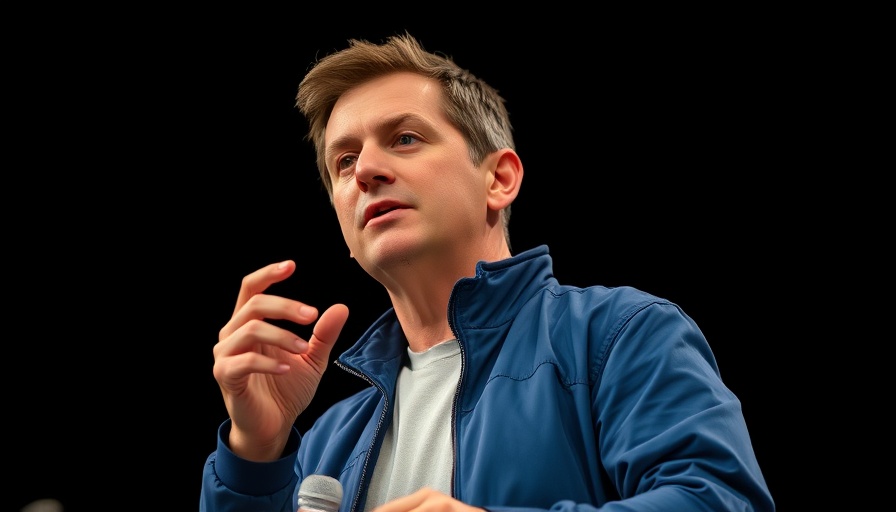
OpenAI's Leap into Longevity Science
In an exciting development, OpenAI has made significant strides into longevity science with the launch of its new AI model, GPT-4b micro, designed to engineer proteins that could transform ordinary cells into stem cells. This groundbreaking initiative signals a shift towards integrating artificial intelligence not just into computational tasks but into the very fabric of biological research.
Revolutionizing Stem Cell Production
The potential implications of this model are noteworthy. Traditional stem cell production methods are inefficient, often yielding less than 1% of viable cells. In contrast, initial findings suggest that OpenAI's model has managed to re-engineer certain Yamanaka factors—proteins intrinsic to the cellular rejuvenation process—improving their effectiveness by over 50 times. Such advances could pave the way for creating replacement organs or rejuvenating tissues, changing the landscape of healthcare as we know it.
The Significance of AI in Scientific Discovery
This model is more than just a technical achievement; it represents a pivotal moment in the status of AI within the realm of scientific discovery. While projects like AlphaFold demonstrated AI's capabilities in predicting protein structures, OpenAI's innovation serves as a remarkable test case for AI's potential to lead to genuine discoveries in biology. It's an exciting juncture that ignites discussions regarding the evolution towards artificial general intelligence (AGI), where AI not only assists in research but generates novel hypotheses and experiments on its own.
Funding Connections: The Role of Sam Altman
A noteworthy backstory to this endeavor is the financial support provided by OpenAI's CEO, Sam Altman, who personally invested $180 million into Retro Biosciences. This partnership is strategic, as it intertwines OpenAI's robust AI capabilities with Retro's ambitious goal of extending human lifespan by a decade. This blending of capital and technology highlights a broader trend where investment in AI can significantly accelerate advancements in biotechnology.
Looking Ahead: The Future of Longevity and AI
As the realms of technology and biology converge, the questions surrounding the ethical implications of such technologies become more pressing. Could these advancements lead to equitable healthcare access, or will they favor the affluent? Additionally, will AI-driven processes in biology yield consistent and replicable results? Only time and published research will reveal the true impact of OpenAI’s model on longevity and broader healthcare practices.
Conclusion
OpenAI’s venture into longevity science encapsulates a critical intersection of technology and biology, showcasing the vast potential of AI to redefine the future of health care. As researchers stand on the brink of potentially transformative breakthroughs, it is imperative that we continue to explore and discuss the ethical and societal implications of these innovations.
 Add Row
Add Row  Add
Add 




Write A Comment